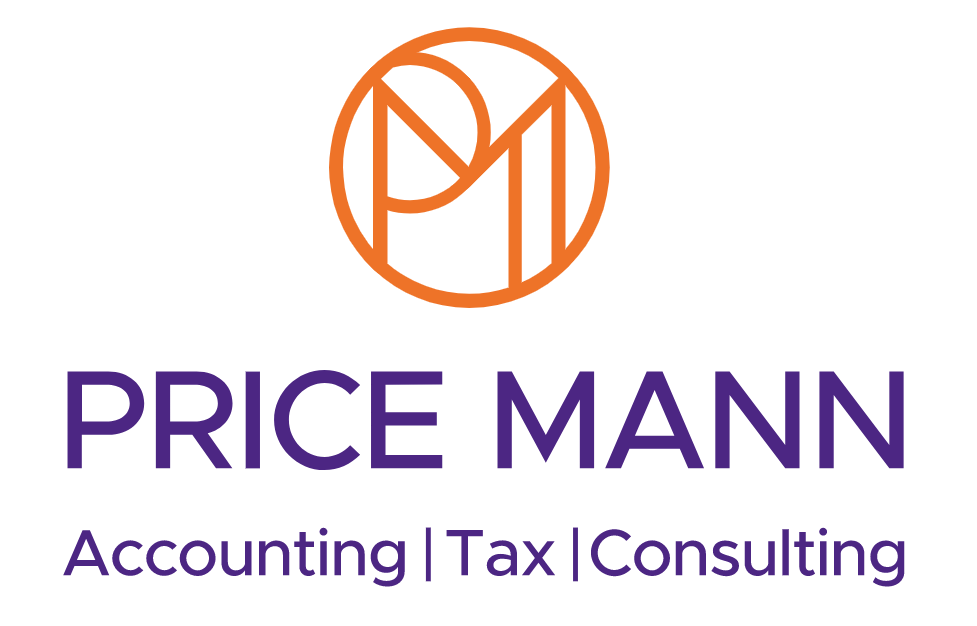Sole trader vs Limited company: which is right for you?
Sole trader vs Limited company: which is right for you?
Are you struggling to decide what the right business structure is for you? It’s one of the most important decisions you'll make as a business owner. The choice between operating as a sole trader or forming a limited company can have significant implications for your finances, legal responsibilities, and business growth.
So, which option is right for you? Let’s take a look.
What is a Sole Trader?
As a sole trader, you would own and run a business as an individual. It’s the simplest and most straightforward business structure. As a sole trader, you are personally responsible for all aspects of your business, from decision-making to debts. You and your business are legally considered the same.
Advantages:
- Simplicity: Setting up as a sole trader is quick and easy, with minimal paperwork. Registering with Companies House is unnecessary; you only need to submit a yearly Self-assessment tax return.
- Control: You have complete control over your business decisions without consulting anyone else.
- Privacy: Unlike limited companies, your financial information isn’t available to the public.
Disadvantages:
- Unlimited liability: You’re personally liable for any business debts. This means your personal assets, like your home or car, could be at risk if your business runs into trouble.
- Limited funding: Raising finance can be more challenging as lenders and investors often prefer the security of dealing with limited companies.
- Tax efficiency: Sole traders can end up paying more in taxes, with income tax rates of 20%-45%, compared to the 19% Corporation Tax rate paid by limited companies.
What is a Limited Company?
A limited company is a separate legal entity from its owners. This means the company is responsible for its own debts, not you personally. Limited companies can be owned by one or more individuals, with shareholders and directors involved in running the business.
Advantages:
- Limited liability: Your personal assets are protected, as you’re only liable for the amount you’ve invested in the company.
- Tax efficiency: Limited companies can be more tax-efficient, as they pay Corporation Tax on profits and can distribute earnings as dividends, which are taxed at a lower rate than salary income.
- Credibility: Operating as a limited company can enhance your business’s credibility with customers, suppliers, and investors.
Disadvantages:
- Complexity: Setting up and running a limited company involves more paperwork and legal requirements, such as registering with Companies House and filing annual accounts.
- Less privacy: Your company’s financial information is available to the public, which might not appeal to everyone.
- Costs: There are higher administrative and accountancy costs associated with maintaining a limited company.
Which option is right for you?
Whether you decide to be a sole trader or a limited company will depend on your personal circumstances and business goals. If you’re starting a small business, working alone, and prefer simplicity, the sole trader route might be the best fit. However, if you’re planning to grow, seek investment, or want to protect your personal assets, a limited company could offer more advantages.
Choosing the right structure is crucial for the success and protection of your business. Each option has its pros and cons, so it’s worth considering your long-term goals before making a decision.
If you’re unsure, get in touch today and let's talk about how we can help you.













